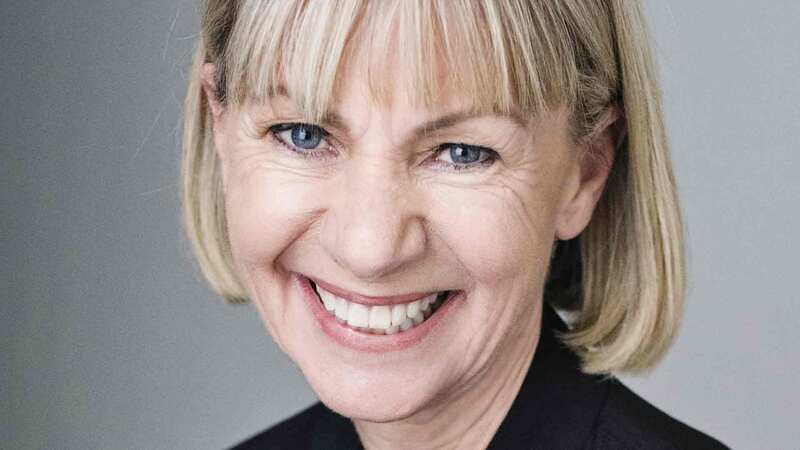You are viewing your 1 free article this month. Login to read more articles.
'Invest money in podcasts to reap greatest benefits,' publishers told
Publishers have been urged to put their money where their mics are when it comes to podcasting, to reap the most benefits.
At The Bookseller Marketing & Publicity conference session "For The Love of Pod: How We Should Be Using Podcasts", the panel was chaired by Will Rycroft, audience development manager for Waterstones, with speakers Clarissa Pabi, UK content development manager at ACast, Renay Richardson, c.e.o. of Broccoli Content, and Flora Willis, marketing manager at Profile and Serpent's Tail, on Wednesday (8th July).
Richardson (pictured), who worked with Reni Eddo-Lodge on her podcast "About Race", said it was hard to define what makes a good podcast because by its nature it is subjective. However she believes it is a medium that demands both creativity and investment.
“People say podcasting is easy and the barrier to entry is lower, but it doesn’t stop the creativity. It doesn’t stop what you can do,” said Richarson. “When you try to build a world within the podcast I think you can go further than one-on-one conversations. They’re great for promo but you want to extend to a world beyond the book. Books lead to podcasts and podcasts lead to books.”
She said when it comes to budget that, although podcasting may have started out as “a hobby and very DIY” 15 years or so ago, these days they cost money and companies such as Spotify, Luminary and Acast are willing to fund them.
Looking back on her experience of making "About Race", she said £13,500 provided by Arts Council funding was easily taken by aspects such as a composer to compose the original music, making use of a researcher, music licensing, and extra artwork, let alone their time.
“Podcasting costs money so you have to spend money,” she said. “We have to stop saying ‘I didn’t spend money on this’ because I make podcasts now and we spend a lot of money on them to make them. Producing it does take a lot of time and if you work with talent that means money for their time. We have to come away from ‘podcasts don’t cost’ as there are various ways you can get the money … You have to spend money to reach the audience and make it worthwhile. They [podcasts] can be bigger than they are, they are in a completely different position to where they were before, and we have to change our attitude to how we approach making them.”
Looking at return on investment, Richardson said the way you make money from them is “audience size” to be able to make money from advertising.
ACast's Pabi agreed that podcasts could translate into a potential revenue stream and she made the point that they may be able to help publishers not only with the issue of “discoverability" but the “retainability” of audiences.
“The evidence is there: content publishers have been using podcasting not only to grow their audiences and create audio identities but also to monetise. Whether it is the Guardian, the FT or the New Statesman, they have a strategy in place which enables them to monetise and lots of independent podcasts do. It depends on what the actual concept is but if you have the audience size you can monetise.
"A lot of the podcasts that are coming from outside publishing, which are spearheaded by authors, are the ones we’re able to monetise effectively - through content partnerships, advertising and sponsorship - so I think there is a model there … I also think there is an opportunity for monetising through actual paid-for content which is starting to grow. That becomes really interesting when you think about audiobooks and what happens when audiobooks can be delivered through RSS feeds and promoted to audiences who listen to podcasts anyway.”
“In terms of the cost situation," she continued, "Renay is completely right. You do have to invest. Where you can get it right, you can monetise as effectively as you can by selling books and so it does become complementary. It won’t be possible for every podcast and every author but I think it is possible and that would be the next step. That’s the direction everyone else is moving into and it would be fantastic to see more publishers moving into that space as well.”
She added: “For a long time publishers have spoken about discoverability in a content and media landscape where everything is clamouring for attention. But I think what’s crucial now is retainability-how do we retain audiences and direct relationships with them-and I do think podcasts solve some of those challenges.”



















